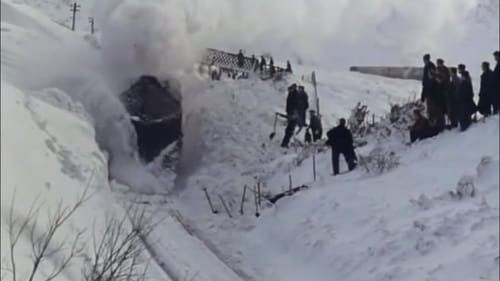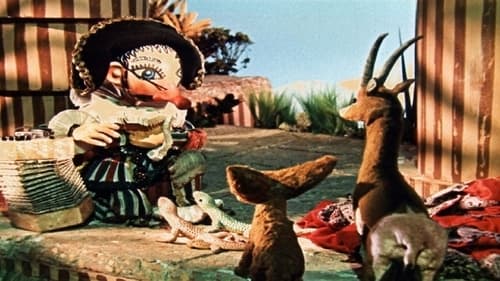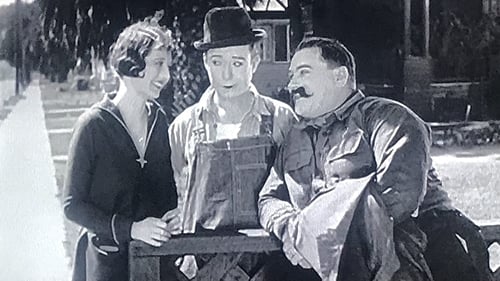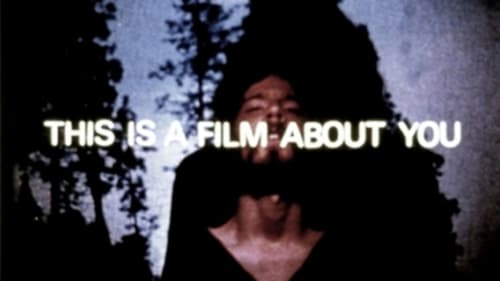Study of a River (1997)
Genre : Documentary
Runtime : 16M
Director : Peter B. Hutton
Synopsis
The first part (winter) of a seasonal study of the Hudson river in New York.

Vittorio De Seta travels to Alessandria del Carretto, a small town in the province of Cosenza, to capture a unique celebration known as the “Feast of Silver.”

A fast-paced rhythmic impression of dancers, musicians and sportsmen at a highlands event.

Shot over a period of three years. Marie Menken photographed New York window displays during the Christmas holiday. In order to avoid foot and street traffic interrupting the shots, Menken filmed from midnight to 1:00 in the morning, but had to keep the camera under her coat to keep it from freezing.

Short film that emphasizes the importance of keeping a tidy home when facing an atomic bomb.

1935 documentary about the hard working life of Welsh coal miners.

A 1941 film encouraging people to seek treatment if they had, or might have had, syphilis.

A self-consciously Kafkaesque tale of a winged lonely man literally devoured by totalitarian rule.

Shot at 2,000 frames per second, this short shows a man exhaling smoke in incredibly slow motion.

A little boy celebrates his frog catch in this short film by Hollis Frampton.

Comprising train and track footage quickly shot just before a heavy winter's snowfall was melting, the multi-award-winning classic that emerged from the cutting-room compresses British Rail's dedication to blizzard-battling into a thrilling eight-minute montage cut to music. Tough-as-boots workers struggling to keep the line clear are counterpointed with passengers' buffet-car comforts.

An animated film about the British engineer Isambard Kingdom Brunel, who spearheaded numerous engineering marvels of the early 19th century - including the Thames Tunnel, the Great Western Railway, and the Great Eastern steamship (for 40 years the world's largest steamship). Various styles of animation are used to depict events in his colorful life.

Re-enacted true story of successful assault by Nazis, posing as Poles, on a German border radio station so that Hitler could "justify" thereby his invasion of Poland.

A stop-motion film with no dialogue. A musician is playing his musicc to some animals, when an hungry lion shows up.

Harry and his friend have planned to go out for an afternoon of fun. But first, Harry must figure out how to slip away from his domineering wife with some money to spend...

Poetic Justice presents the viewer with an ordinary domestic scene: a stack of papers, a cup of coffee, and a potted cactus on a table. The sheets of paper compose a script that provides handwritten, frame-by-frame instructions for a film that unfolds only in the mind of the viewer.

Samadhi is both mystical and mysterious, an incredible fusion of movement, sound and colour. Belson notes the influence of his study and practice of Yoga and Tibetan Buddhism on the creation of Samadhi. The film is inspired by the principles of yogic meditation: the movement of consciousness towards samadhi (union of subject and object), the fusion of atma (breath and mind), a state which reveals the divine force of kundalini, a bright white light we discover at the end of Samadhi. The Tibetan Book of The Dead is the inspiration behind Belson’s use of colour in Samadhi, corresponding to descriptions of the elements of Earth, Fire, Air and Water in the book. —Sophie Pinchetti, The Third Eye

Landow rejects the dream imagery of the historical trance film for the self-referential present, using macrobiotics, the language of advertising, and a speed-reading test on the definition of hokum. The alienated filmmaker appears, running uphill to distance himself from the lyrical cinema, but remember, "This is a film about you, not about its maker."

Experimental film showing film clips of a garden, with birds chirping for the soundtrack.

In GLORIA! Frampton juxtaposes nineteenth-century concerns with contemporary forms through the interfacing of a work of early cinema with a videographic display of textual material. These two formal components (the film and the texts) in turn relate to a nineteenth-century figure, Frampton's maternal grandmother, and to a twentieth-century one, her grandson (filmmaker Frampton himself). In attempting to recapture their relationship, GLORIA! becomes a somewhat comic, often touching meditation on death, on memory and on the power of image, music and text to resurrect the past.

Little Stabs at Happiness is a collection of silent shorts Jacobs shot from the period of 1959-1963. Jaunty tunes (and a somber reflection) accompany the footage.










